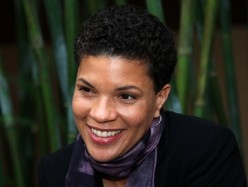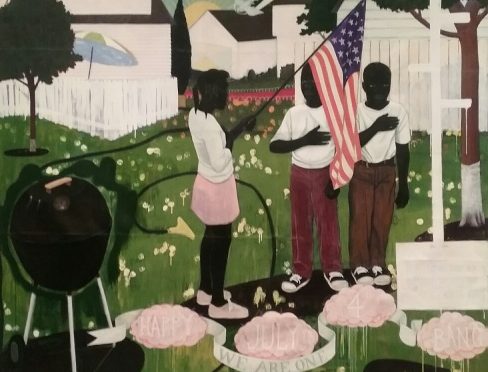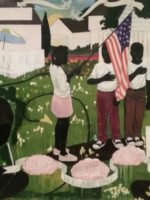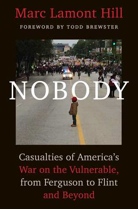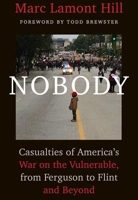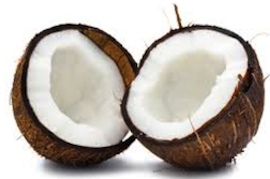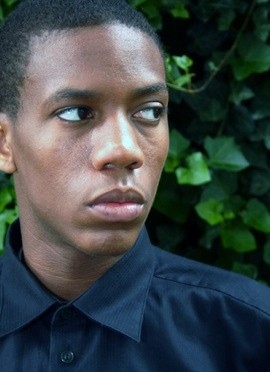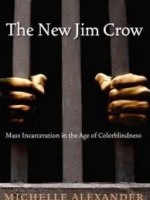
Michele Alexander is a lawyer, legal scholar, advocate and author who has written a comprehensive, well-researched examination of what is happening to our young men and women, to our families, to our future generations at the hands of the criminal justice system.
It seems that nearly every black family has a child, cousin, nephew or uncle who has been incarcerated. It’s happening to our college students, business professionals, working dads & mothers, drug involved and not. At every level, all over the country, black men, in particular, have been stopped and questioned multiple times. Now, that level of intrusion into black life is resulting in more than overwhelming legal costs and delayed goals for families. The fact that our men are constantly being sought out for examination of their being, is resulting in staggering numbers of deaths. We can no longer blame it on the boys, the neighborhood, our color. It is way bigger than that. We need to understand exactly what is happening and why. You cannot negotiate with an enemy that you cannot identify. This book identifies the problem AND the solutions.
Excerpt from the Introduction
Jarvious Cotton cannot vote. Like his father, grandfather, great-grandfather, and great-great-grandfather, he has been denied the right to participate in our electoral democracy. Cotton’s family tree tells the story of several generations of black men who were born in the United States but who were denied the most basic freedom that democracy promises—the freedom to vote for those who will make the rules and laws that govern one’s life. Cotton’s great-great-grandfather could not vote as a slave. His great-grandfather was beaten to death by the Ku Klux Klan for attempting to vote. His grandfather was prevented from voting by Klan intimidation. His father was barred from voting by poll taxes and literacy tests. Today, Jarvious Cotton cannot vote because he, like many black men in the United States, has been labeled a felon and is currently on parole.
Cotton’s story illustrates, in many respects, the old adage “The more things change, the more they remain the same.” In each generation, new tactics have been used for achieving the same goals—goals shared by the Founding Fathers. Denying African Americans citizenship was deemed essential to the formation of the original union. Hundreds of years later, America is still not an egalitarian….(read more….)
